Search Results for ‘dental care’
The Ins and Outs of Pet Home Dental Care
 Dental care isn’t just for humans. By now, most pet owners are aware of the importance of good dental hygiene for their pets, and this is evidenced by the hundreds of pet home dental care products available to pet owners everywhere. But, do these treats, chews, rinses, sprays, and water additives really have what it takes to keep your pet’s mouth in tiptop shape?
Dental care isn’t just for humans. By now, most pet owners are aware of the importance of good dental hygiene for their pets, and this is evidenced by the hundreds of pet home dental care products available to pet owners everywhere. But, do these treats, chews, rinses, sprays, and water additives really have what it takes to keep your pet’s mouth in tiptop shape?
Brushing is Best!
First, and foremost, there is no substitute for daily brushing when it comes to the care of your pet’s teeth. Although, for many, the task may seem daunting, it needn’t be. Brushing your dog or cat’s teeth can take just a minute a day and the pet specific toothbrush and toothpaste products we recommend are safe and easy to use.
Lone Tree Veterinary Medical Center’s Top 10 Pet Care Blogs of 2018
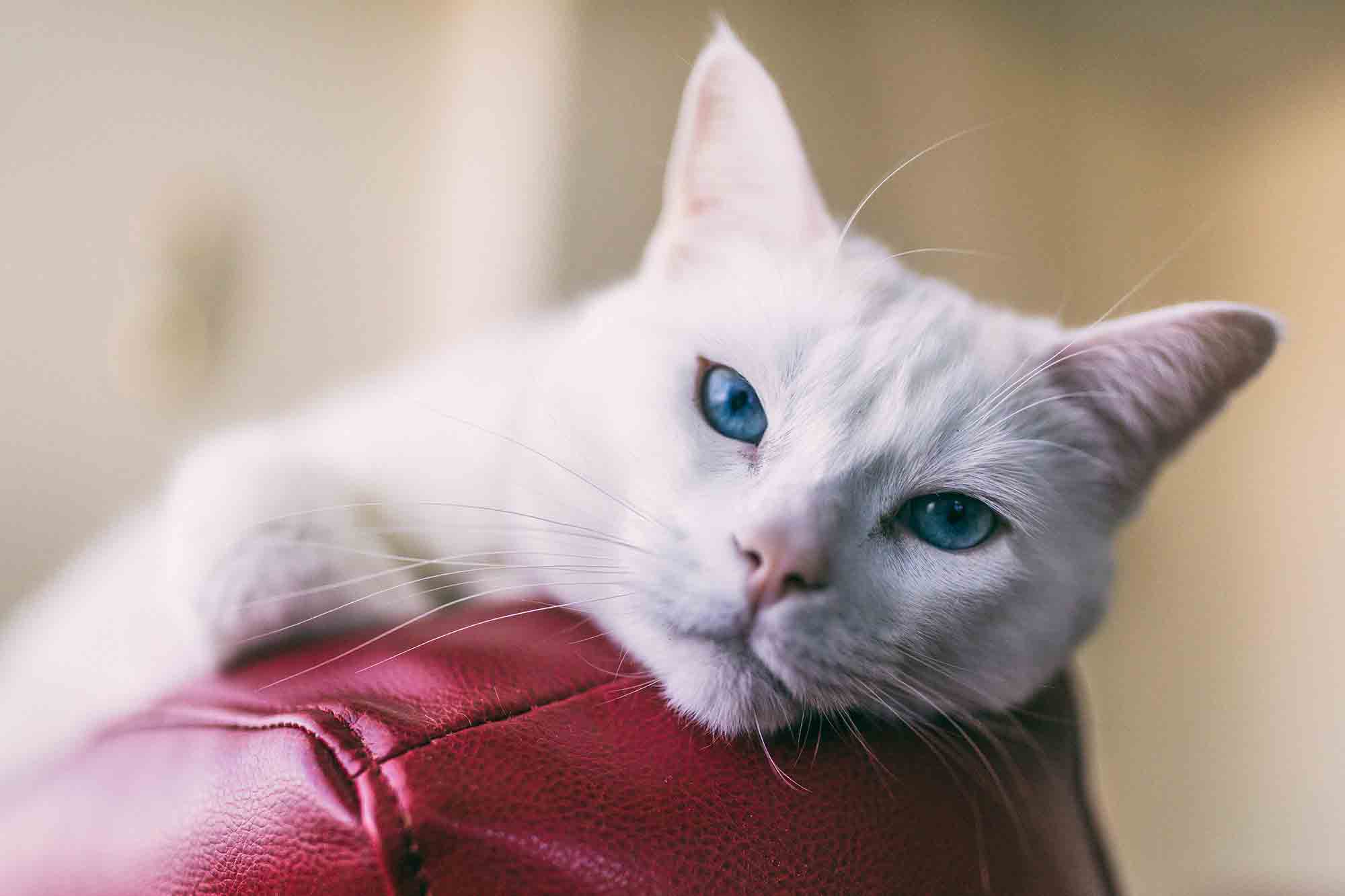
It’s hard to believe that a new year is already upon us! As we reflect on the many valuable lessons and special moments of 2018, we’re reminded that none of it would be possible without our beloved patients and clients. Serving Denver area pets and their families is a privilege, and we’re so grateful for the relationships we’ve formed, both old and new.
Our monthly pet care blog is part of our ongoing service to you, and we’re thrilled that so many have been reading and enjoying it. Without further ado, we’re proud to present our top 10 most popular pet care blogs of 2018!
Continue…The Four Stages of Pet Dental Disease
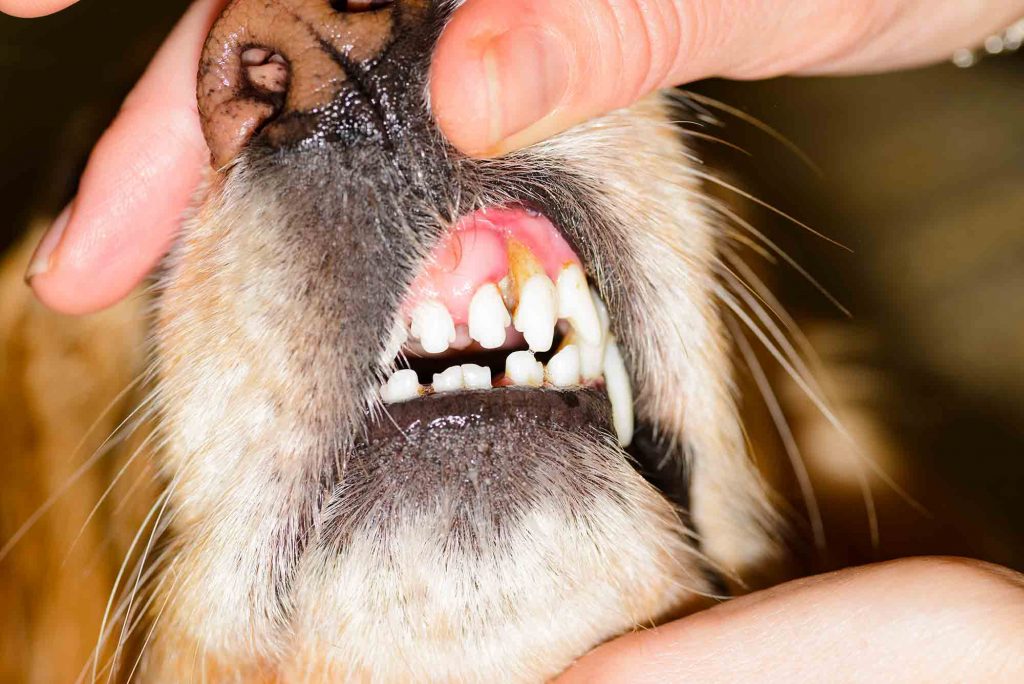 Pet dental disease, also called periodontal disease, is one of the most common clinical conditions seen by our veterinarians. This comes as no surprise when we consider that most adult dogs and cats show some signs of the disease by the time they reach 3 years of age. If left untreated, pet dental disease can lead to pain, tooth loss, infection, and even damage to the vital organs, such as the heart, liver, and kidneys.
Pet dental disease, also called periodontal disease, is one of the most common clinical conditions seen by our veterinarians. This comes as no surprise when we consider that most adult dogs and cats show some signs of the disease by the time they reach 3 years of age. If left untreated, pet dental disease can lead to pain, tooth loss, infection, and even damage to the vital organs, such as the heart, liver, and kidneys.
The dental health of our patients is important to us at Lone Tree Veterinary Medical Center. In recognition of National Pet Dental Health Month, which is observed every February, we’d like to place the spotlight on periodontal disease and what pet owners can do to prevent and treat this serious condition.
Beneath The Surface: The Lowdown On Anesthesia-Free Pet Dental Cleanings
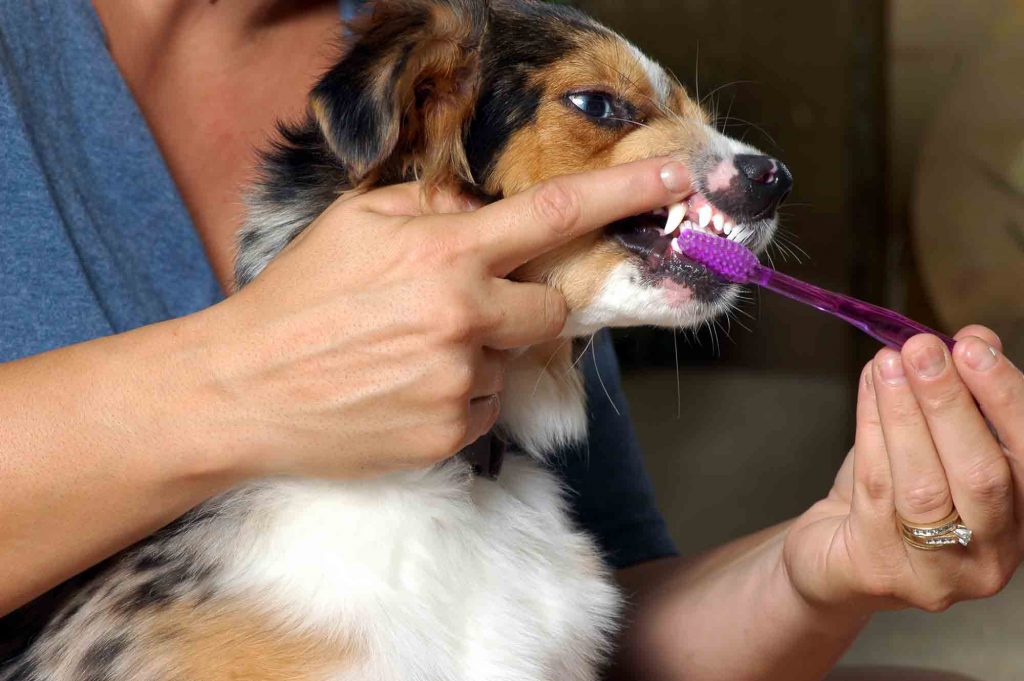 We are frequently asked about anesthesia-free pet dental cleanings, which have grown in popularity in recent years. This is the practice of performing a dental cleaning on a pet, which involves scaling (cleaning and scraping) the pet’s teeth to the gumline, without the use of general anesthesia.
We are frequently asked about anesthesia-free pet dental cleanings, which have grown in popularity in recent years. This is the practice of performing a dental cleaning on a pet, which involves scaling (cleaning and scraping) the pet’s teeth to the gumline, without the use of general anesthesia.
The popularity of anesthesia-free dentals is mostly due to marketing campaigns that promote the anesthesia-free method as a less expensive alternative to a dental cleaning that is performed while the pet is under general anesthesia. Unfortunately, it is also based on misinformation regarding what is really involved in cleaning a pet’s teeth. Marketers for anesthesia-free dental cleanings also fail to mention that these dentals often make a pet’s oral problems worse and, in many cases, involve abuse and cruelty.
For pet owners seeking to minimize the number of times a pet has to be “put under” with general anesthesia, the anesthesia-free idea may seem like a great option, but the procedure is wrought with many risks and problems that, in our opinion, outweigh any perception of benefit.
Dog Breath! Dental Health for Pets
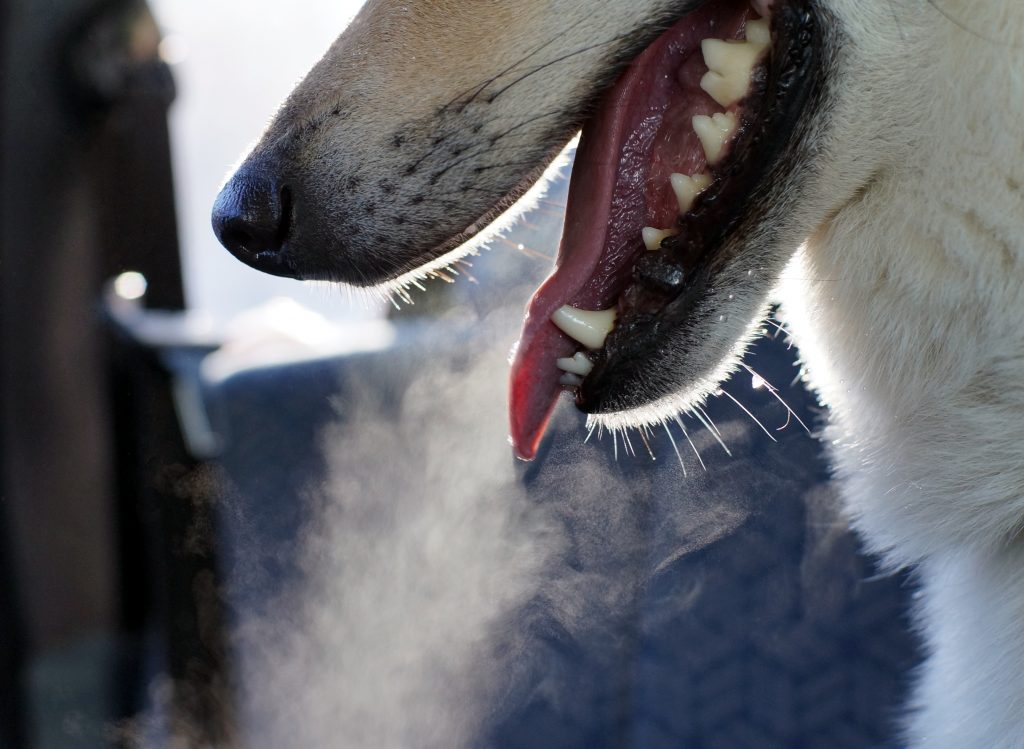
The health of our pets’ teeth and gums is a component of their care that is too commonly ignored. While most people would never entertain the thought of not brushing their own teeth, they usually don’t think of their pets’ teeth in the same way. Yet, according to the American Veterinary Dental Association, up to 80% of dogs and 70% of cats have some form of dental disease by the age of three. This serves as a reminder that it doesn’t take long for problems to develop when we fail to care for our pet’s teeth, even when they are young.
Without daily cleaning, bacteria in the mouth combine with saliva and food on the teeth and gums, causing a sticky plaque to form. This plaque eventually turns into tartar, a hard, mineralized build up.
Over time, plaque and tartar continue to accumulate, causing inflammation of the tissues around the teeth. This painful process is called periodontal disease and, when left unchecked, it results in both oral and systemic infection, tooth decay and loss of the teeth.
Preventive dental care in pets is very important, and Lone Tree Veterinary Medical Center wants you to understand how routine oral examinations, home dental care, and professional dental cleanings play into your pet’s overall well-being. Continue…
Don’t Forget The Little Guys: Pocket Pet Wellness Care
 It’s been said that good things come in small packages, and pocket pet owners couldn’t agree more.
It’s been said that good things come in small packages, and pocket pet owners couldn’t agree more.
Rabbits, Guinea pigs, gerbils, ferrets, lizards, and other small animals have been steadily increasing in popularity as pets for children and families. Because they are smaller and seem easier to care for than traditional family pets such as dogs and cats, many pet owners don’t realize that their pocket pet needs routine veterinary care, too.
Why Pocket Pet Wellness Care Is Important
The truth is, small and exotic pets derive all of the same benefits from regular checkups as their canine and feline counterparts. Along with making sure they’re in good health, check-ups for pocket pet wellness is an opportunity to take care of cosmetic maintenance issues that are not possible to do at home. Continue…
The More You Know: Preventing Accidental Pet Poisoning
 We do everything we can to protect our pets from the dangers of the world; we walk them on leashes, have them microchipped, shelter them from the elements, feed them nutritious diets, and bring them in for regular wellness exams. In our efforts to keep our pets safe, many of us overlook the potential for accidental pet poisoning in and around our homes.
We do everything we can to protect our pets from the dangers of the world; we walk them on leashes, have them microchipped, shelter them from the elements, feed them nutritious diets, and bring them in for regular wellness exams. In our efforts to keep our pets safe, many of us overlook the potential for accidental pet poisoning in and around our homes.
March 20th marks the beginning of National Poison Prevention Week. While this event is intended to educate the public about the dangers of accidental poisonings in children, we’d like to take the opportunity to extend this awareness to include our pets. Continue…
The Tooth Of The Matter: Why Pet Dental Health Matters
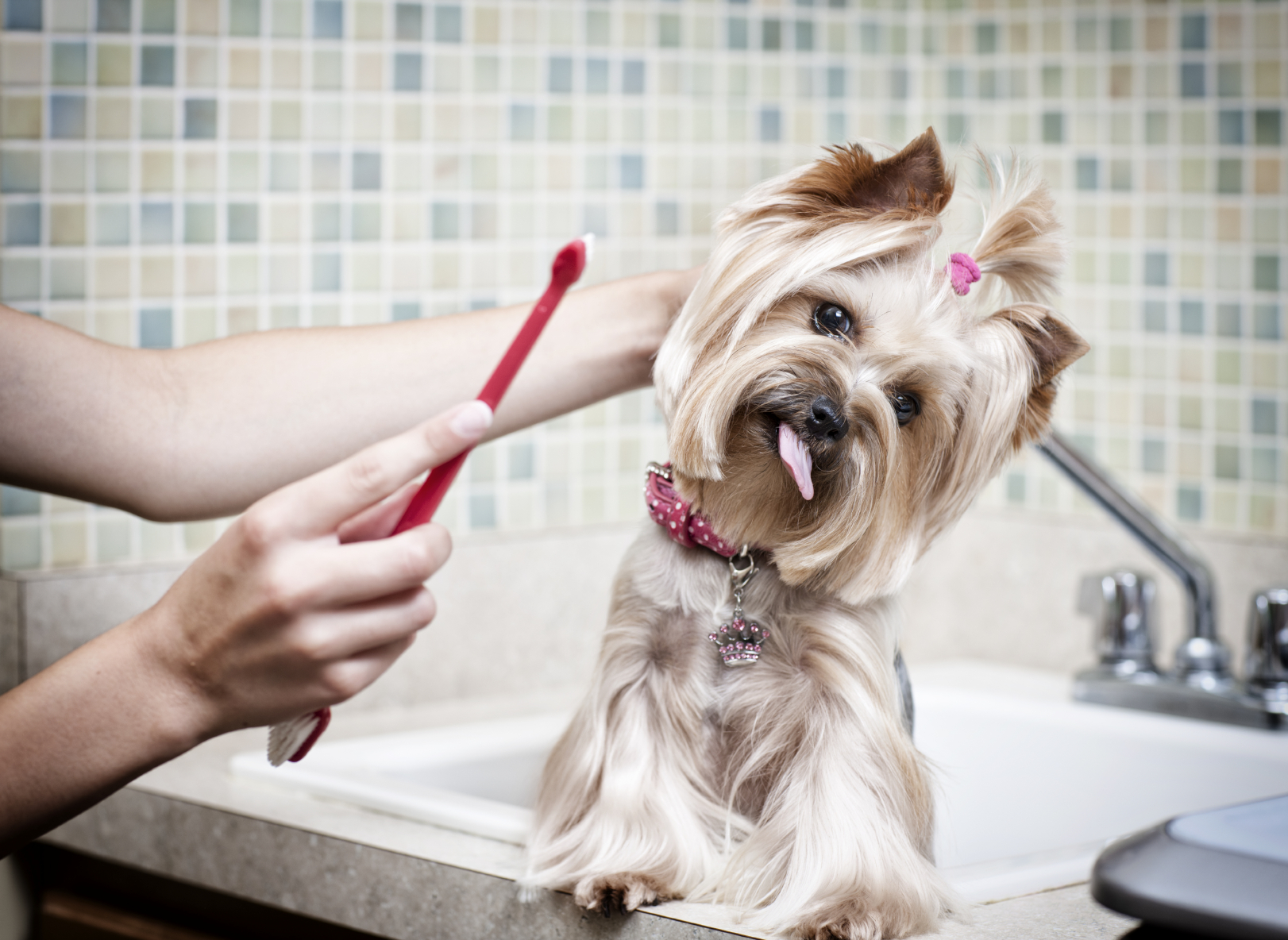 It wasn’t too long ago in human history that the idea of brushing a pet’s teeth or having them professionally cleaned was practically unthinkable, and the term “veterinary dentistry” didn’t even exist.
It wasn’t too long ago in human history that the idea of brushing a pet’s teeth or having them professionally cleaned was practically unthinkable, and the term “veterinary dentistry” didn’t even exist.
Fortunately for our pets, our knowledge of pet health has come a long way in recent years, and so has the field of veterinary dentistry. We now know that the right combination of home care, good nutrition, professional dental cleanings and exams can keep your pet healthy, pain free, and even extend his or her life. Continue…
Small Dogs Have Small Dog Needs

An endearing characteristic of small dogs is that they often come with big dog attitudes. Convincing as their “big dog” behavior may be, our small dogs still have some unique small dog needs.
At Lone Tree Veterinary Medical Center, we see a lot of small dogs at our facility and are happy to share some interesting observations on what makes them different from their larger canine counterparts, and how this affects their behavior and care.
Continue…Filling in the Blanks: Do Pets Get Cavities?
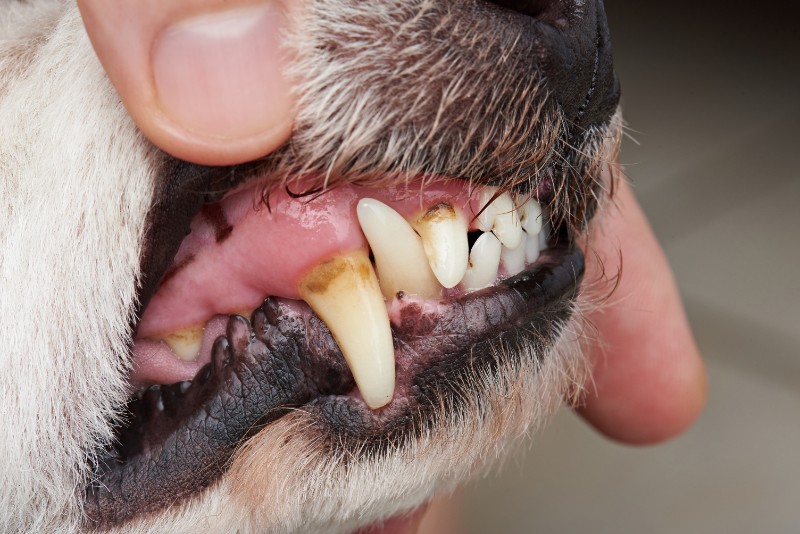
We brush our teeth twice a day, floss regularly, and visit the dentist every 6 months. Why do we do all this work? To prevent cavities, of course! We all want to avoid a date with the dentist’s drill, and most of us will do anything to keep those nasty little holes from developing in our teeth.
When it comes to pet dental care, however, (which is something we’re passionate about here at Lone Tree Veterinary Medical Center!), cavities aren’t always on the radar. Although rare, cavities in pets are certainly possible, and preventing them is important to keeping your pet’s teeth and gums healthy.
Continue…
